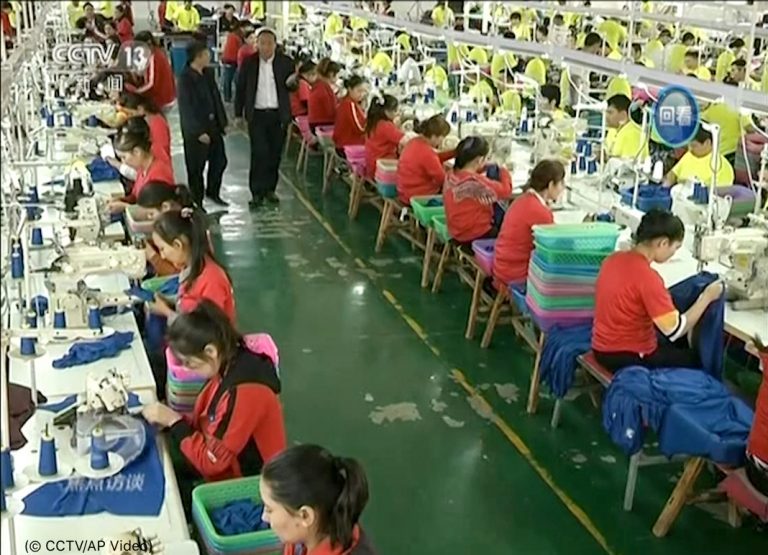Want to know the human rights situation in a country? The annual Country Reports on Human Rights Practices from the State Department let you investigate free speech, freedom of religion and much more.
More than 1 million readers access the publication each year, making it the State Department’s most-read publication by far.
Readers can sort sections of the individual reports by country or by issue, such as the human rights of women or minority groups, or freedom of expression, or prison conditions.
Who uses this information, and how?
The State Department identifies six ways the reports are frequently used:
- The information in the reports can be used to brief President Trump and senior government officials, including the secretary of state, before meeting with foreign heads of state and civil society figures.
- Nongovernmental organizations rely on the reports’ data to inform their reporting and programming.
- The United Nations and other international bodies use the reports in evaluating human rights records of other countries.
- Academics use the reports as a research and teaching tool.
- Businesses and other commercial organizations use them to perform risk analysis for international investment and business development.
- The U.S. Department of Justice and human rights lawyers use the reports when dealing with asylum cases.
The U.S. Congress passed a law over 40 years ago requiring the secretary of state to prepare these reports and transmit them to the Congress each year. Lawmakers take the information into account in drafting legislation, approving foreign aid, and making other policy decisions

Muslim trainees work in a garment factory at the Hotan Vocational Education and Training Center in Xinjiang in northwest China. (© CCTV/AP Video)
Guided by the United Nations’ Universal Declaration of Human Rights and subsequent human rights treaties, the country reports don’t draw legal conclusions, rate countries or declare whether they failed to meet standards.
How does the department get its information?
The State Department asks the same questions about every country, and each individual report is guided by the same standards, regardless of a country’s relationship with the United States.
Every U.S. Embassy has a political officer with the human rights portfolio who gathers information from the host government, media reports, local nongovernmental organizations and others who care about human rights conditions in the country.
It may seem surprising that countries with good human rights records often have long reports, but there is simply more information available because their societies are more transparent — more likely to have a free press reporting on abuse allegations, an open legal system, and active labor unions and human rights advocates.
The reports reflect the importance of human rights in the U.S. national security strategy.







COMMENTS0
LEAVE A COMMENT
TOP